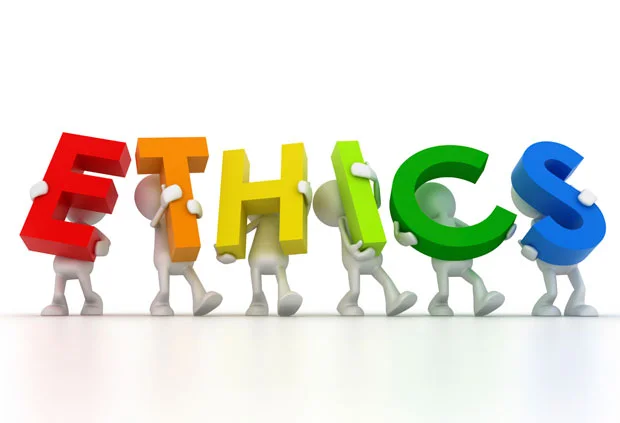
Promoting human values and professional ethics is a cornerstone of education at Dinhata College. The institution recognizes the importance of nurturing not only academic excellence but also ethical behavior, integrity, and social responsibility among its students. Here’s how Dinhata College instills human values and professional ethics in its educational programs:
Incorporation in Curriculum
Dinhata College integrates modules on human values and professional ethics into its academic curriculum across disciplines. Students are exposed to ethical dilemmas, case studies, and discussions that encourage critical thinking and ethical decision-making.
Ethics Workshops and Seminars
The college organizes workshops, seminars, and guest lectures on topics related to human values and professional ethics. Renowned scholars, practitioners, and industry experts are invited to share their insights and experiences, providing students with real-world perspectives.
Character Development Programs
Dinhata College offers character development programs aimed at cultivating virtues such as honesty, integrity, empathy, and respect for diversity. These programs include personality development sessions, leadership training, and community service initiatives.
Ethical Leadership Development
The college emphasizes the importance of ethical leadership in professional settings. Students are encouraged to develop leadership skills grounded in ethical principles, accountability, and social responsibility.
Role Modeling by Faculty
Faculty members serve as role models of ethical conduct and professionalism. They uphold ethical standards in teaching, research, and administrative responsibilities, inspiring students to emulate similar behavior.
Ethical Codes and Guidelines
Dinhata College has established ethical codes and guidelines that govern student conduct, academic integrity, and professional behavior. These codes outline expectations regarding honesty, fairness, and respect in all aspects of college life.
Ethical Decision-Making Frameworks
Students are equipped with frameworks and tools for ethical decision-making. They learn to analyze ethical issues, consider alternative courses of action, and evaluate the consequences of their choices.
Internship and Fieldwork Ethics
During internships, fieldwork, or practical training programs, students are expected to adhere to ethical standards relevant to their respective professions. Supervisors provide guidance and mentorship to ensure ethical conduct in professional settings.
Community Engagement and Service Learning
Dinhata College encourages students to actively engage with the community and participate in service-learning projects. Through such initiatives, students develop a sense of social responsibility and ethical commitment to addressing societal challenges.
Continuous Evaluation and Feedback
The college continuously evaluates its efforts in promoting human values and professional ethics and seeks feedback from stakeholders, including students, faculty, alumni, and employers. This feedback informs ongoing improvements and initiatives.